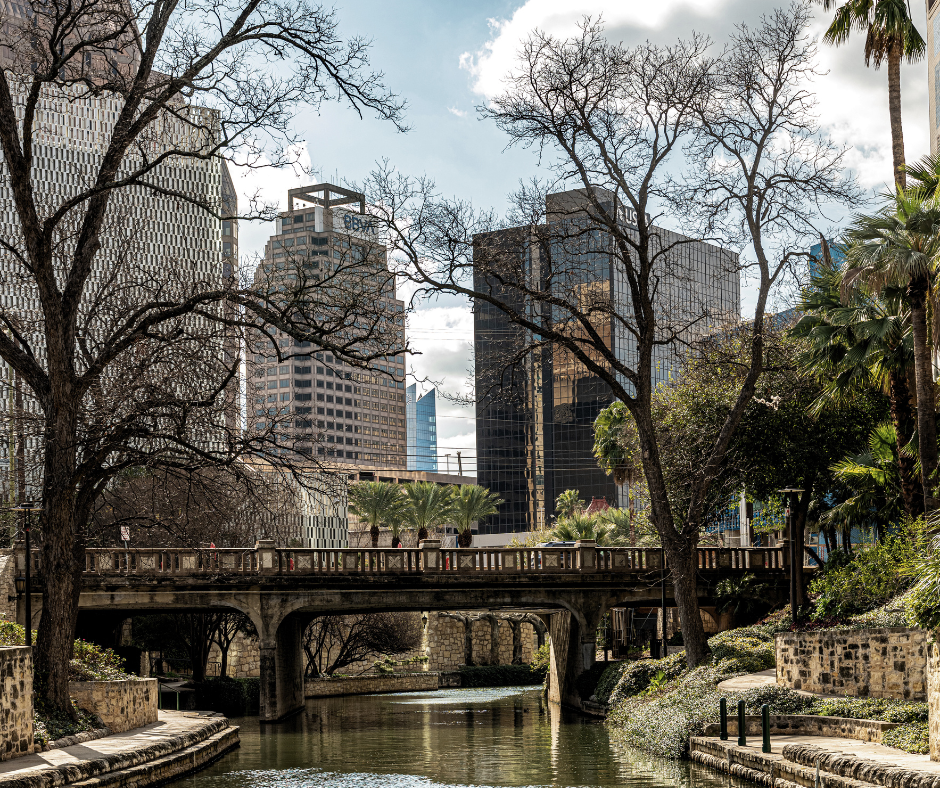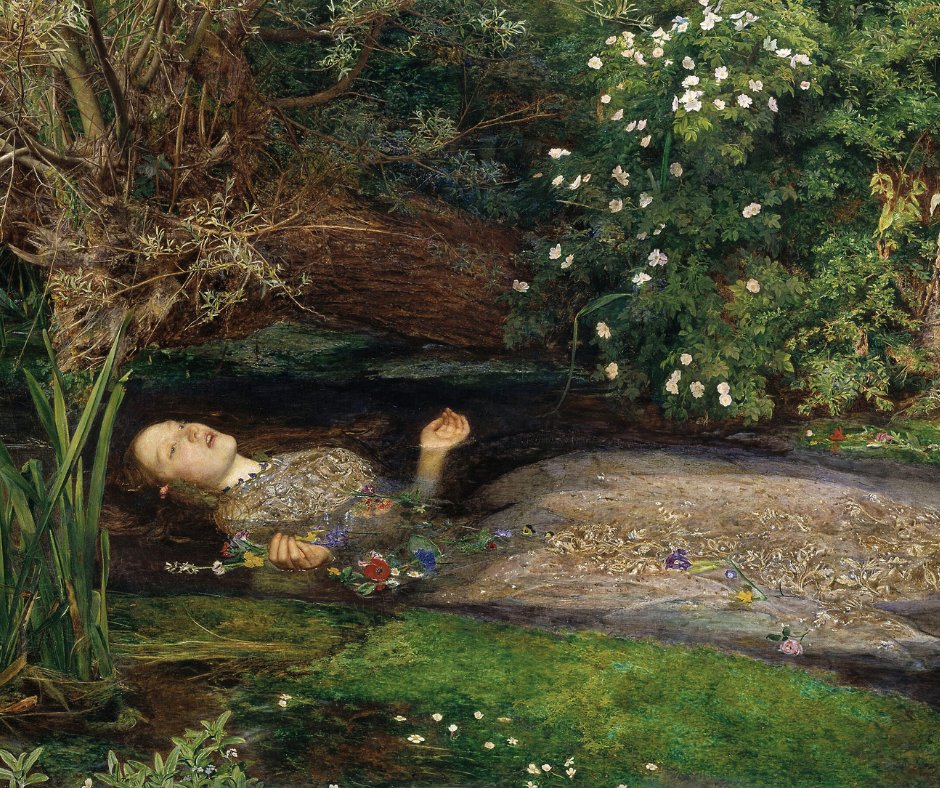
Summer Means Shakespeare in the Park! Here’s Why We Love It.
Summary
Embrace the magic of summer with Shakespeare in the Park! This beloved tradition brings Shakespeare’s timeless tales to life in the most enchanting outdoor settings. It’s a perfect cultural outing for families and individuals alike, offering a unique blend of artistry and accessibility. Whether you’re a Shakespeare lover or new to his work, these performances promise a delightful escape into drama and poetry, allowing everyone to enjoy the communal joy of theater under the open sky.
Reflection Questions
- How does the communal and open setting of a park influence your experience of watching a Shakespeare play compared to a traditional theater?
- In what ways does Shakespeare in the Park make the arts more accessible and engaging to diverse audiences?
- Reflect on a time you stumbled upon an art event like Shakespeare in the Park. How did that unexpected experience impact your appreciation for the arts?
Journal Prompt
Write about your ideal evening at Shakespeare in the Park. Describe the play you would watch, the people you would bring along, and the atmosphere around you. Reflect on how the setting, the company, and the play contribute to your enjoyment of the evening. What does this say about your personal connection to community and culture?
Summer is synonymous with long, leisurely days, picnics under the sun, and, of course, the enchanting tradition of Shakespeare in the Park. For families, especially women who balance the demands of work and home, these performances offer a delightful escape into the world of drama and poetry in the most serene of settings—right under the canopy of the sky. Whether you’re a lifelong Shakespeare aficionado or a curious first-timer, these events promise not only a cultural feast but a chance to unwind and connect with loved ones in a vibrant community atmosphere. Grab your blankets, pack some snacks, and prepare to be transported to the whimsical worlds created by the Bard. Let’s make your summer truly memorable!
Why We Love Shakespeare in the Park
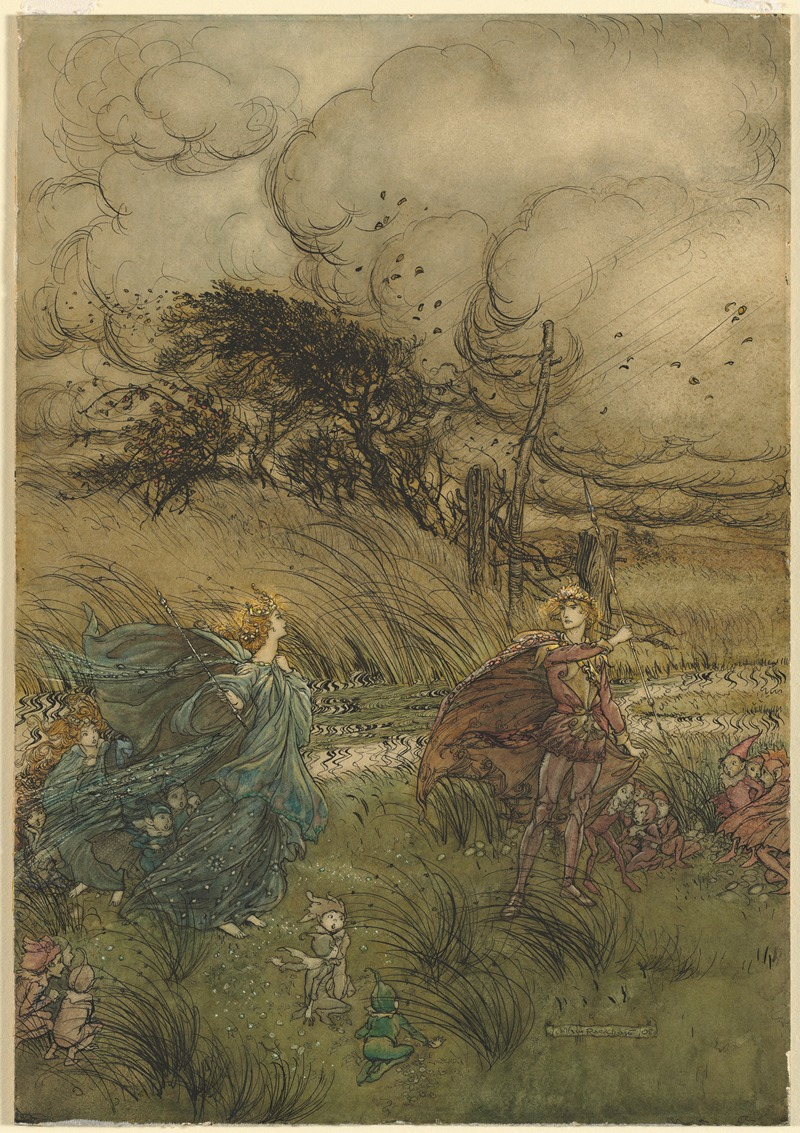
At DesignDash, our appreciation for Shakespeare in the Park stems from the unique blend of artistry and accessibility these performances offer. The open-air setting of a park adds a layer of magic and immersion to Shakespeare’s timeless texts that is unmatched by indoor theatre. There’s something incredibly communal and democratic about watching a play in the shared space of a public park. This aligns perfectly with our ethos at DesignDash, where creativity and community intertwine.
Moreover, Shakespeare in the Park allows us to connect with those we may have missed out on in regular life—not just the seasoned theatregoers but families, students, and passersby who might stumble upon a performance. It’s this serendipitous discovery of art that fuels our love for these productions. Each play, whether a tragedy, comedy, or history, is presented with a freshness that can resonate with contemporary sensibilities, making the Bard’s complex characters and intricate plots accessible to everyone.
This commitment to making high-quality art accessible mirrors our own objectives at DesignDash—making each summer’s Shakespeare in the Park a much-anticipated highlight for our team.
These Cities Are Known for Their Exceptional Productions of Shakespeare in the Park
Many cities around the globe put their own unique twists on Shakespeare in the Park. Each of the cities listed below adds its local flavor to the productions, making Shakespeare in the Park a unique cultural experience wherever it is held. These events not only enhance access to Shakespeare’s works but also celebrate the universality of his themes, demonstrating their relevance across different societies and eras.
Bear in mind that accessibility varies by production. For example, those in charge of the New York City, Chicago, and St. Louis performing arts programming provide ASL interpretation for select events during their Shakespeare in the Park season, but not all do.
St. Louis, Missouri
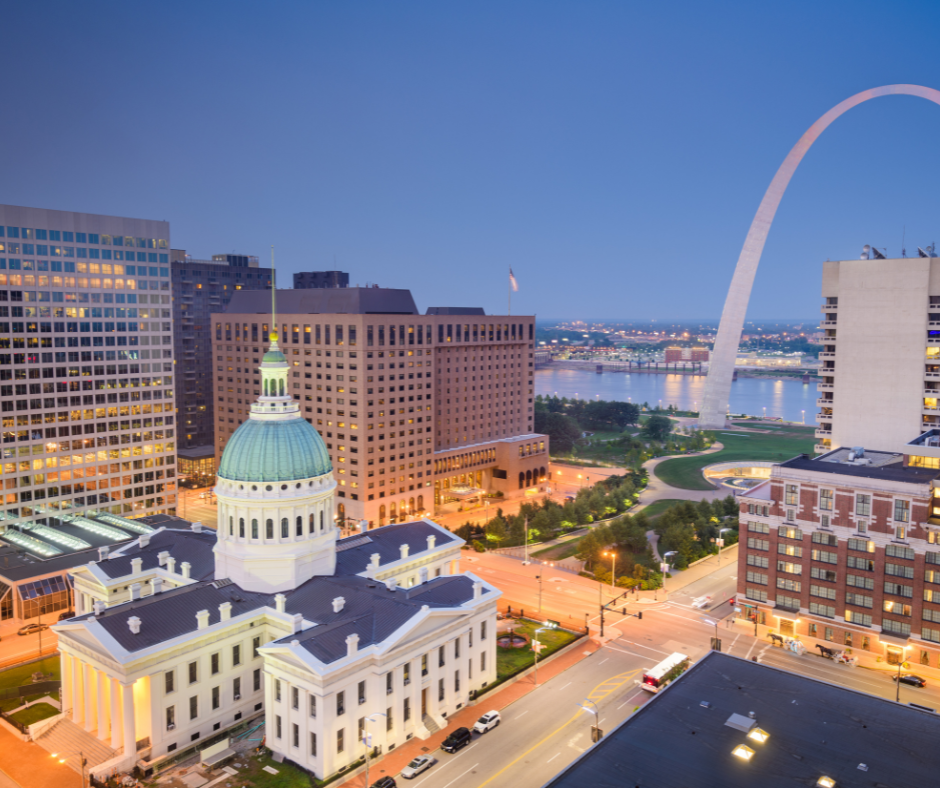
Shakespeare Festival St. Louis produces high-quality performances in Forest Park and various other locations, featuring professional actors and attracting large audiences. More than a million people have attended the community event since it was founded back in the early aughts.
Tom Ridgely has served as the Producing Artistic Director of the St. Louis Shakespeare Festival since 2018. He is a Drama Desk-nominated director with a broad background in theater, having developed or presented work at several prestigious venues including the Public Theater, The Old Globe, and the Oregon Shakespeare Festival.
Shakespeare Festival St. Louis stages each new production from May to June each year.
New York City, USA

New York’s Shakespeare in the Park, held in the Delacorte Theater in Central Park West, is perhaps the most famous of these events. Initiated by Executive Director Joseph Papp in 1962, it has grown into a beloved summer tradition, offering free performances and featuring many well-known actors.
This year, the Public Theater’s “Free Shakespeare in the Park” is offering a touring mobile unit production due to renovations at the Delacorte Theater. The tour includes performances from May 28 to June 30 across all five boroughs
Bear in mind that for the New York City Shakespeare in the Park, attending performances traditionally involves a digital lottery system due to the high demand and free nature of the event. This system allows for a fair distribution of tickets. Participants can enter the lottery via an online platform on the day of the specific performance they wish to attend. Winners are usually notified a few hours before the performance begins.
London, UK
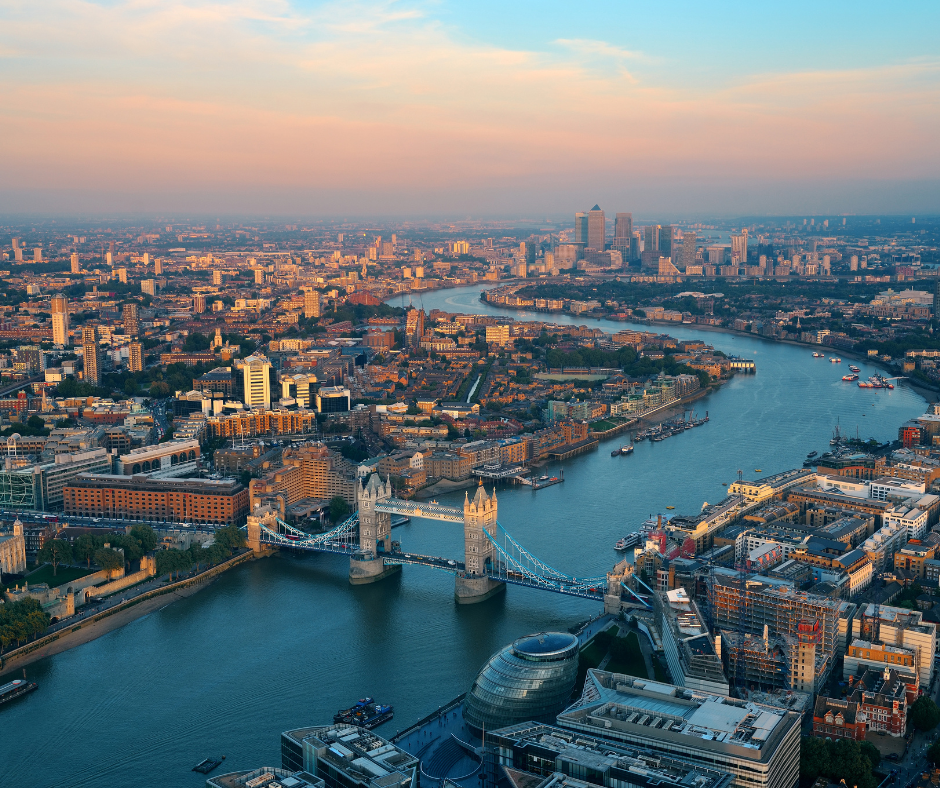
While London itself is steeped in Shakespearean tradition, its open-air productions, especially those at Regent’s Park Open Air Theatre, are particularly famous. They offer a range of Shakespeare plays each summer, set in the beautiful surroundings of Regent’s Park.
Toronto, Canada

Shakespeare in High Park in Toronto is one of Canada’s longest-running outdoor theatre events. Performed in the scenic High Park, it attracts thousands of spectators each year with its engaging productions.
Los Angeles, USA

The Griffith Park Free Shakespeare Festival, hosted by the Independent Shakespeare Co., is a highlight of the summer in Los Angeles, bringing accessible and dynamic performances to a diverse audience. The Griffith Park Free Shakespeare Festival features “Julius Caesar” from July 5 to July 31, and “A Midsummer Night’s Dream” from August 9 to September 3, 2024. If you will be elsewhere in the West this summer, Shakespeare Dallas will also offer live theatre park productions of “Julius Caesar” as well as “Twelfth Night.”
Chicago, USA

Chicago Shakespeare in the Parks is a collaborative initiative involving the Chicago Shakespeare Theater and the city’s park district, bringing high-quality productions to parks across the city. The Chicago Shakespeare Theater’s “Shakespeare in the Park” runs from May 29 to June 30, 2024.
San Francisco, USA

San Francisco Shakespeare Festival features Free Shakespeare in the Park, offering performances in various parks around the San Francisco Bay Area. This festival is well-loved for its high-quality productions.
Sydney, Australia

Shakespeare by the Sea in Sydney offers Australians and visitors alike the chance to enjoy Shakespeare’s plays against the backdrop of the iconic Australian coastline.
Berlin, Germany

In Berlin, the Globe Berlin (modeled after London’s Globe Theatre) offers a variety of Shakespeare plays. Although not strictly in a park, its open-air setup and interactive performances attract a wide audience.
Answering All of Your FAQs About Shakespeare in the Park
Which Shakespeare Plays Are Typically Performed?
Shakespeare’s plays are incredibly versatile and lend themselves well to various interpretations, making them popular choices for large scale productions in the great outdoors. Some of the plays most commonly performed during free Shakespeare in the Park shows include but are not limited to the following. (Other Shakespeare Company productions include “The Merry Wives of Windsor” and “The Winter’s Tale”—but these are less common.)
Julius Caesar

Selected for many a park production, “Julius Caesar” is one of the most popular Shakespeare in the Park plays. “Julius Caesar” by William Shakespeare is a historical tragedy that delves into political conspiracy and the dynamics of power. Set in ancient Rome, it explores the events leading up to and following the assassination of Julius Caesar. The play begins with Caesar’s triumphant return to Rome, quickly shifting to plots hatched by his senators who fear he may become a tyrant. The conspirators, led by Brutus and Cassius, justify their drastic actions as necessary for the good of the republic, ultimately leading to Caesar’s murder.
The play is popular for its rich exploration of rhetoric, morality, and the consequences of political action. It’s particularly well-suited to outdoor performances, where the public and political nature of the story can be amplified against a large, open backdrop, resonating with contemporary themes of leadership and corruption. The famous scenes, such as Caesar’s assassination and Marc Antony’s stirring funeral oration (“Friends, Romans, countrymen, lend me your ears”), gain a powerful immediacy in public theater settings.
A Midsummer Night’s Dream
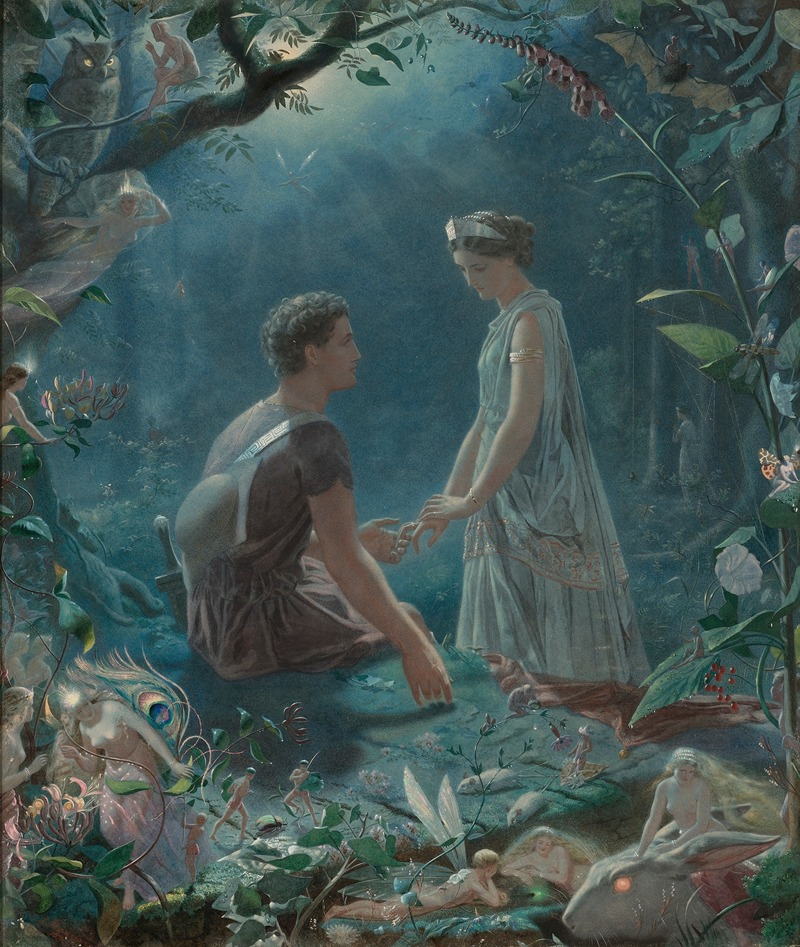
This comedy weaves together themes of love, magic, and mischief. Set in a mythical forest inhabited by fairies and other fantastical creatures, the natural park environment enhances the play’s ethereal qualities, making it a favorite for outdoor settings. The playful interactions between the human and fairy worlds offer a delightful spectacle that is both visually and emotionally engaging.
Romeo and Juliet
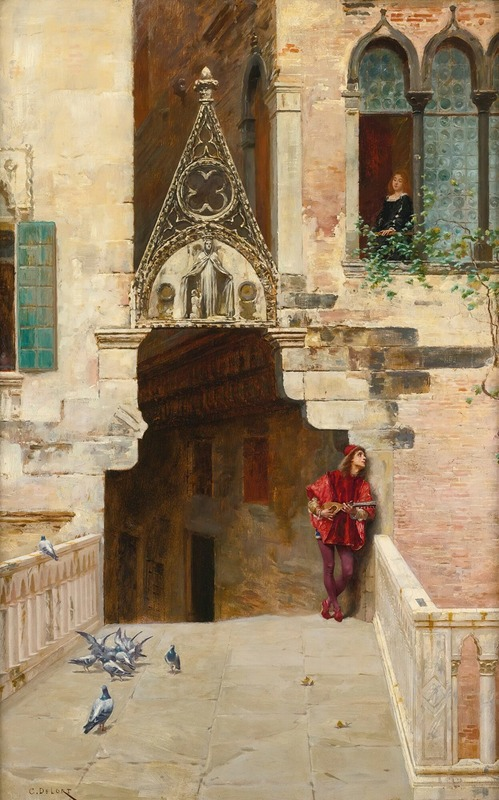
This tragic romance tells the story of two young lovers from feuding families. The natural beauty of a park at night adds a poignant backdrop to the play’s themes of love, conflict, and fate. The open-air setting under the stars intensifies the romantic and tragic elements, drawing audiences deeply into the emotional journey of the characters.
The Tempest
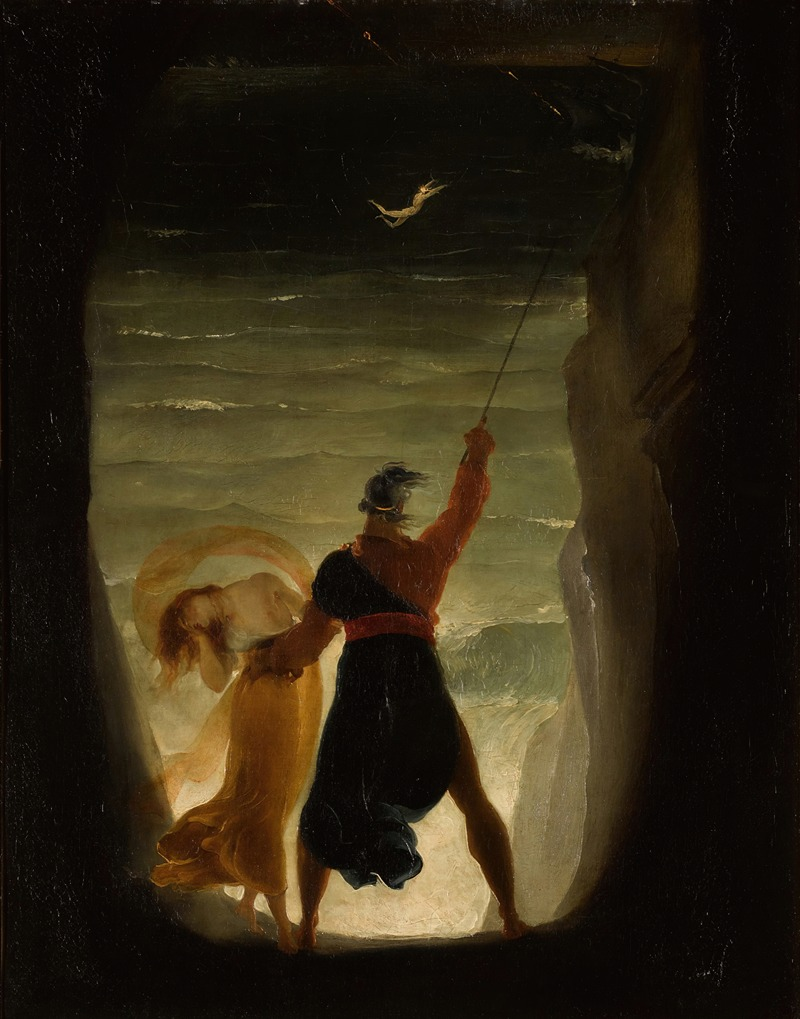
Set on a remote island, where magic and reality blur, this play explores themes of power, forgiveness, and transformation. The use of outdoor spaces complements the magical elements and the island’s untamed nature, allowing for creative staging opportunities that incorporate natural elements like wind, water, and earth, enhancing the sensory experience of the play.
Fuel your creative fire & be a part of a supportive community that values how you love to live.
subscribe to our newsletter
*please check your Spam folder for the latest DesignDash Magazine issue immediately after subscription

As You Like It
This comedy features a joyful exploration of love, identity, and freedom, largely set in the Forest of Arden. The pastoral themes are at home in an outdoor setting, where the real-life backdrop of trees and nature echoes the forest sanctuary in the play. The relaxed atmosphere of park performances fits well with the play’s themes of escaping societal constraints and finding oneself in nature.
Twelfth Night
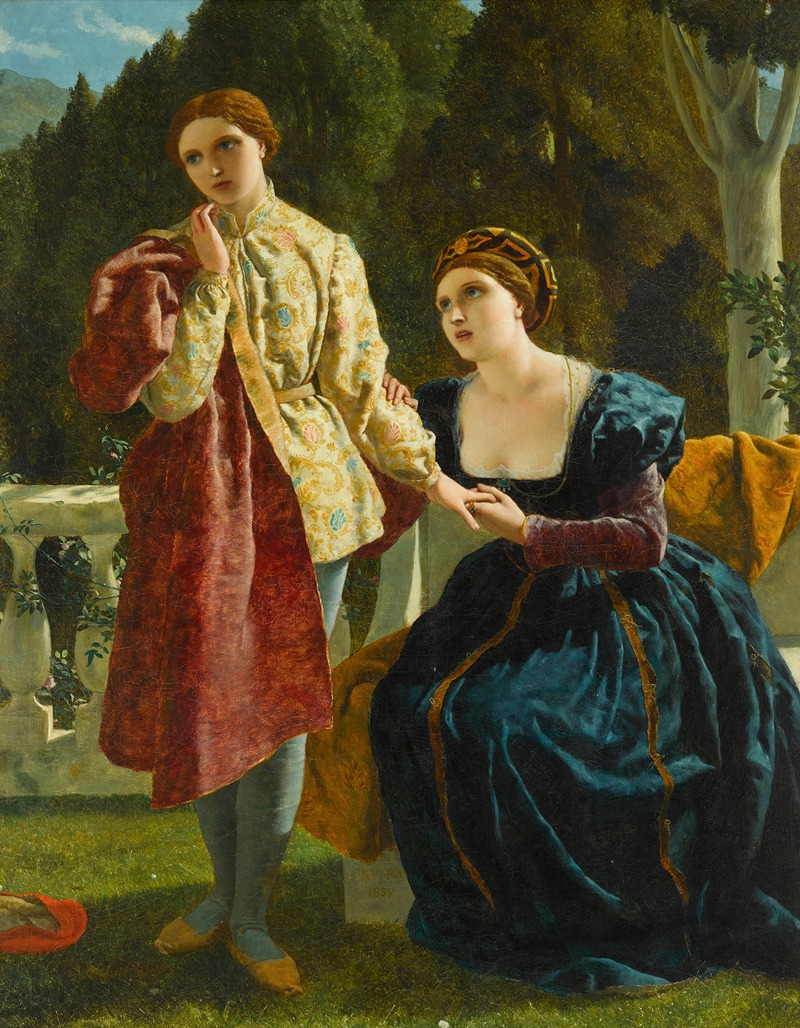
This play is a festive story of love, disguise, and mistaken identities. Set against a backdrop of a chaotic holiday season, its themes are well suited to the informal and communal atmosphere of park performances. The play’s humor and the intricacies of its plot captivate audiences, making it a lively and engaging outdoor theatrical experience.
Much Ado About Nothing
Known for its sharp wit and charming love stories, this comedy revolves around the romantic misadventures and verbal sparring of its characters. Outdoor performances lend a light-hearted, summery feel to the play, making it perfect for an evening of entertainment under the stars, where the natural setting enhances the story’s vibrant social interactions.
Macbeth
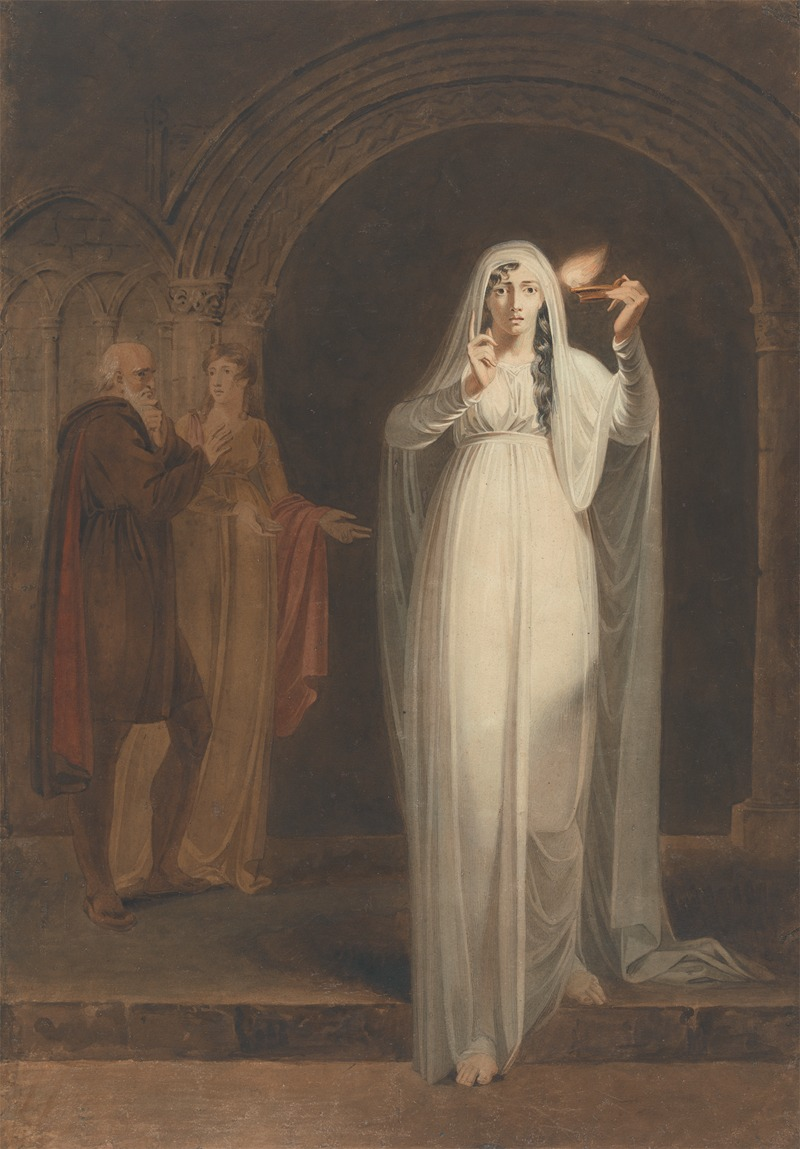
This dark and intense tragedy explores ambition, power, and supernatural themes. Staging “Macbeth” outdoors can be particularly dramatic, with the natural darkness and evening sounds adding to the play’s eerie atmosphere. This setting can be used effectively to heighten the sense of foreboding and the supernatural elements that are pivotal to the story.
Hamlet
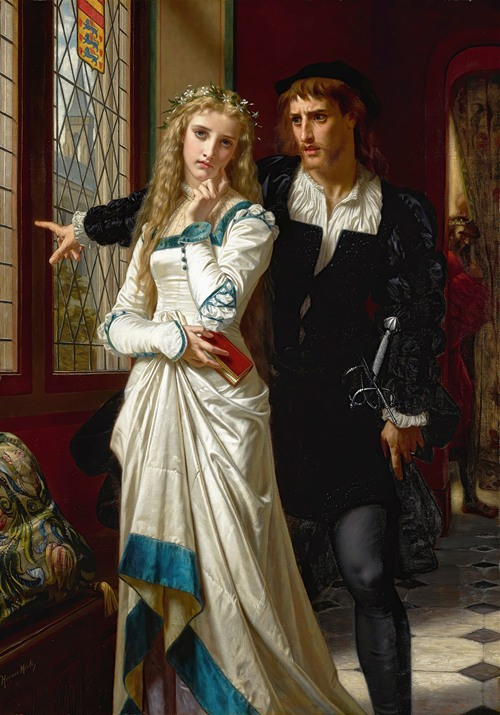
A profound exploration of betrayal, revenge, mortality, and madness, “Hamlet” offers a deep psychological dive into its characters. An outdoor setting brings an expansive feel to the play, which complements Hamlet’s philosophical soliloquies and the dramatic intensity of the plot, making the performance more immersive.
King Lear
This tragedy delves into themes of loyalty, justice, and the nature of human suffering. The story follows the aging King Lear, who decides to divide his kingdom among his daughters, leading to betrayal and a tragic downfall. Outdoor performances can amplify the elemental and primal themes of the play, with the natural setting enhancing the dramatic and emotional turmoil experienced by Lear and other characters.
Which Plays Are Perfect for Kids?
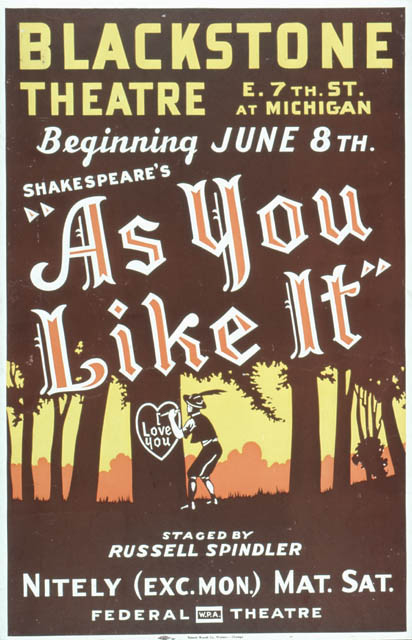
When choosing Shakespeare plays suitable for children of different age ranges, it’s essential to consider the themes, complexity of language, and the overall content of the play. As we all know, performances of Shakespeare plays can be a bit heavy (and a bit inappropriate for little kids).
Below, we have listed a few Shakespeare plays that are widely considered accessible and enjoyable for kids, grouped by age. As always, which plays your child attends is completely up to your discretion as a parent.
For Small Children (Ages 6-10)
A Midsummer Night’s Dream is perfect for this age range! The magical elements, fairies, and the humorous mix-ups make this play appealing and entertaining to younger audiences. It’s lively and has visually engaging scenes that can captivate children’s imaginations.
As You Like It is another option for elementary age kids. This play’s pastoral setting and playful elements, along with its themes of adventure and romance, are enjoyable and can be presented in a fun, light-hearted manner.
For Preteens (Ages 11-13)
For preteens, consider Twelfth Night and The Comedy of Errors if your town puts on these plays. The mistaken identities and comedic elements of Twelfth Night are a hit with this age group, who can appreciate the humor and more complex plot lines.
The Comedy of Errors involves lots of physical comedy and slapstick, which can be very entertaining for preteens. The fast-paced, funny misunderstandings are easier for them to follow and enjoy.
For Teenagers (Ages 14+)
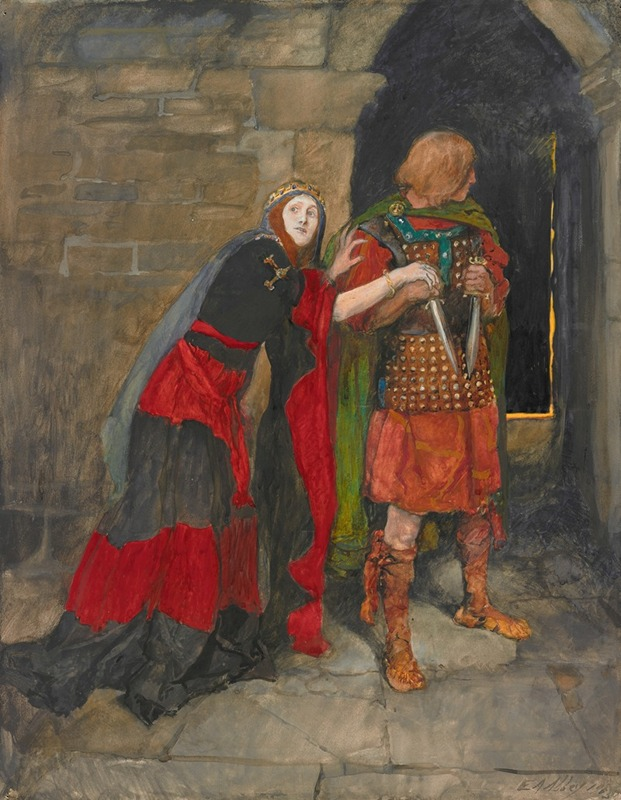
For teens, consider Romeo and Juliet, Macbeth, or Hamlet (although, they’ll likely read the latter in school). Older kids can better appreciate the romantic and tragic aspects of Romeo and Juliet, and its themes of young love and conflict might resonate with teenagers. Macbeth is suitable for older kids due to its darker themes and complex narrative, this play offers a gripping tale of ambition, power, and guilt that can be thought-provoking for teenagers. Hamlet—a deeply psychological play—is more suited to teenagers who can engage with its complex themes of betrayal, revenge, and existential angst.
What Should I Bring to an Outdoor Performance?
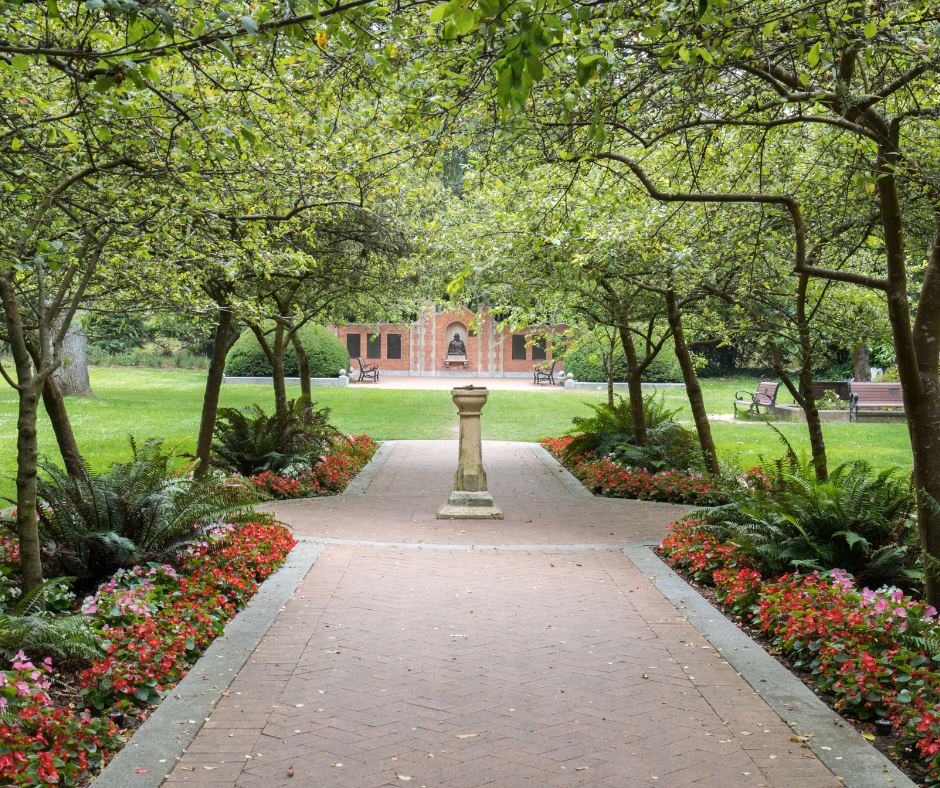
When heading to an outdoor performance like Shakespeare in the Park, it’s essential to prepare for comfort and changing conditions. For seating, bring a large, comfortable blanket or a low-back chair to enjoy the show without obstructing the view of others. Dress in layers to adjust easily to the cooler evening temperatures, and wear comfortable footwear suitable for walking and standing. Don’t forget to pack bug spray to fend off evening insects and apply sunscreen if you’ll be there before sunset. Consider bringing hats and sunglasses for extra sun protection.
In terms of essentials, check if you can bring your own water and snacks to stay hydrated and satisfied during the performance. A small, compact umbrella or disposable poncho can save the day if rain is in the forecast. For added comfort, bring cushions or seat pads, and a pair of binoculars can enhance your view from afar. Lastly, a small flashlight or headlamp will be useful for navigating in the dark and managing your belongings without disturbing fellow audience members. With these preparations, you’ll be set to fully enjoy the enchanting experience of watching Shakespeare under the open sky.
Final Thoughts on Attending a Shakespeare in the Park Production This Summer
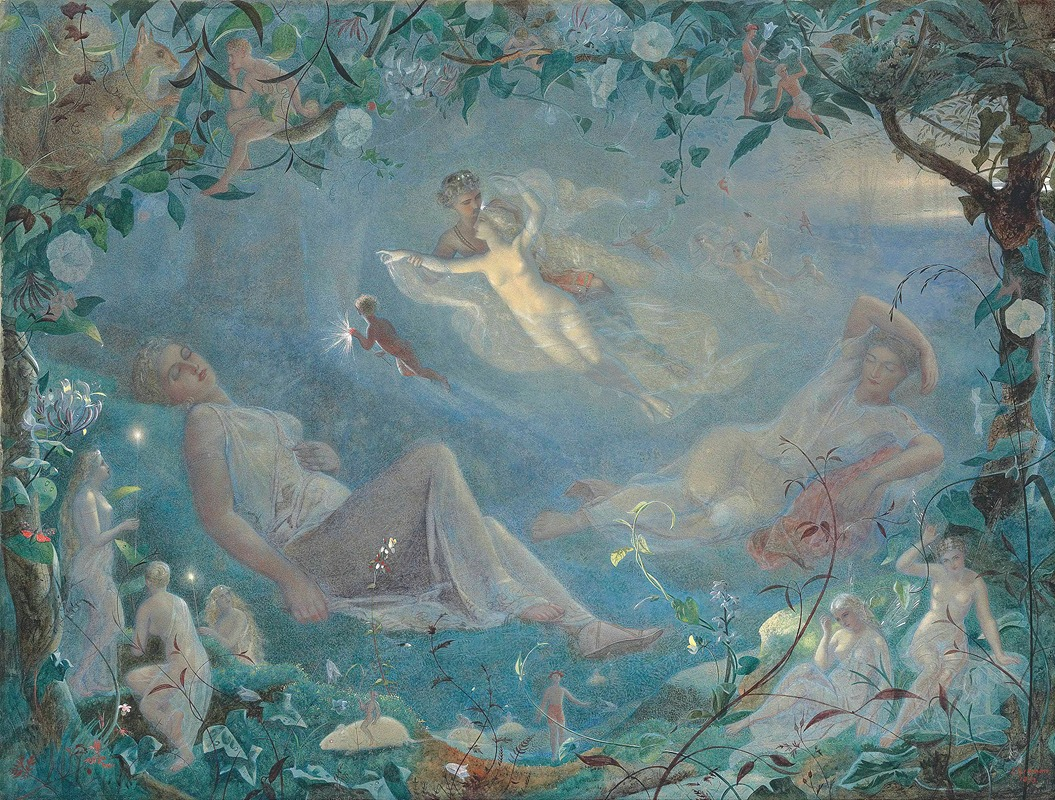
Before you set out for a Shakespeare in the Park performance, it’s wise to check the specific production’s website for essential details. Each venue may have different rules and recommendations about arrival times, duration of the show, and whether items like food, drinks, and pets are allowed. Additionally, knowing the rain policy is crucial; understanding whether the show will go on in light rain or be postponed can help you plan accordingly. This upfront research ensures you’re well-prepared and can avoid any surprises, making your theatrical experience as enjoyable and seamless as possible.
Design Dash
Join us in designing a life you love.
10 Design-Forward Menorahs for a Meaningful (and Artful) Hanukkah
Enjoy ten design-forward menorahs that combine ritual and artistry. These objects feel meaningful, intentional, and at home year-round.
5 Designer-Approved Christmas Trees to Inspire Your Holiday Decorating
LIKE 2 LEAVE COMMENT 0 6 min read SummaryThe most compelling Christmas trees don’t focus on chasing trends or achieving perfection; instead, context is key. These five designer-approved trees show how scale, materials, setting, and personality can shape holiday decorating that feels intentional, expressive, and true to its environment, whether playful, restrained, lived-in, or theatrical.…
11 Christmas Paintings to Put You in the Holiday Spirit This Year
Explore 11 Christmas paintings that celebrate the beauty, traditions, and emotions of this festive, fun, and meaningful holiday season.
Styling Spaces Seasonally for Evergreen Portfolio Content + Of-the-Moment Marketing
Learn how interior designers can style spaces seasonally to create both evergreen portfolio images and timely marketing content.
Counting Down Our Most Listened-To Episodes of 2025: Brittny Button
Learn why our conversation with Brittny Button became one of the DesignDash Podcast’s most listened-to episodes of 2025.
10 Finn Juhl Furniture Pieces That Embody Danish Modern Design
As evidenced by these 10 iconic Finn Juhl furniture pieces, he exemplified Danish Modernism through sculptural forms and architectural angles.







